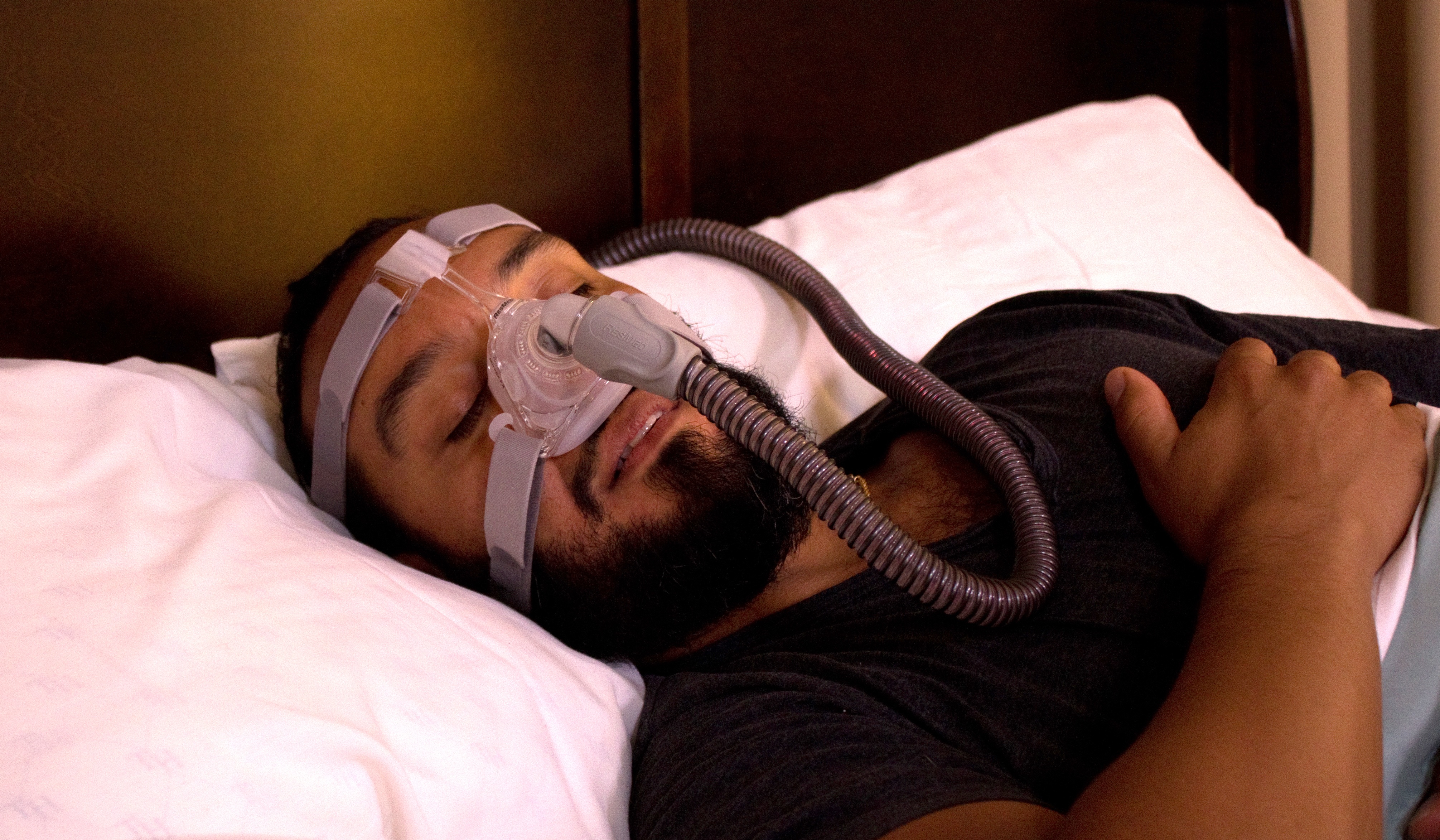Researchers at the Stanford University School of Medicine have identified a circuit in the brains of mice that regulates their sleep-wake cycle.
As many as 25-30% of Americans suffer from chronic insomnia, the inability to fall asleep or stay asleep through the night (learn more about insomnia here).
Louis de Lecea, PhD., professor of psychiatry and behavioral sciences: "This has potential huge clinical relevance. Insomnia, a multibillion-dollar market for pharmaceutical companies, has traditionally been treated with drugs such as benzodiazepines that nonspecifically shut down the entire brain. Now we see the possibility of developing therapies that, by narrowly targeting this newly identified circuit, could induce much higher-quality sleep."













